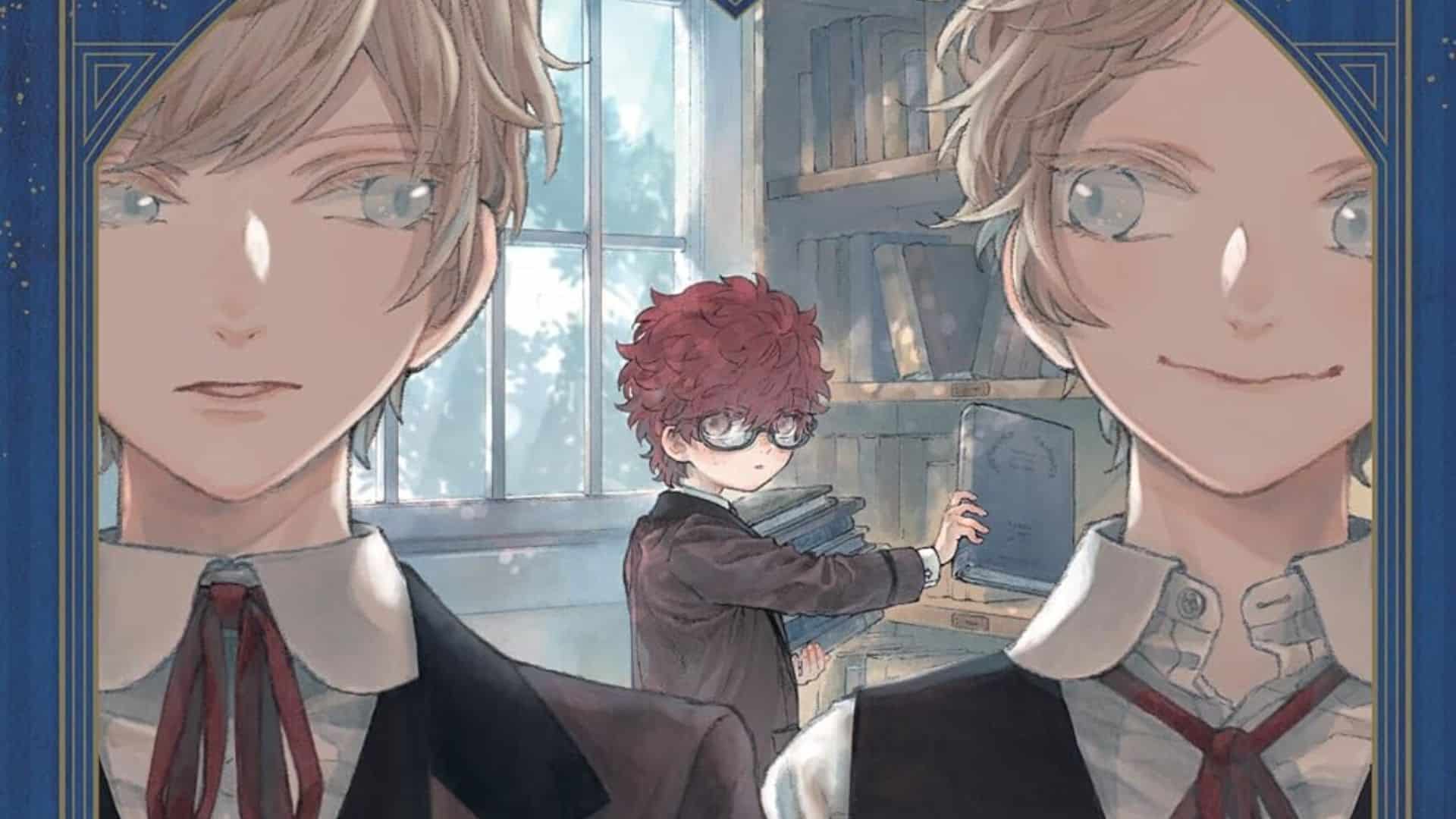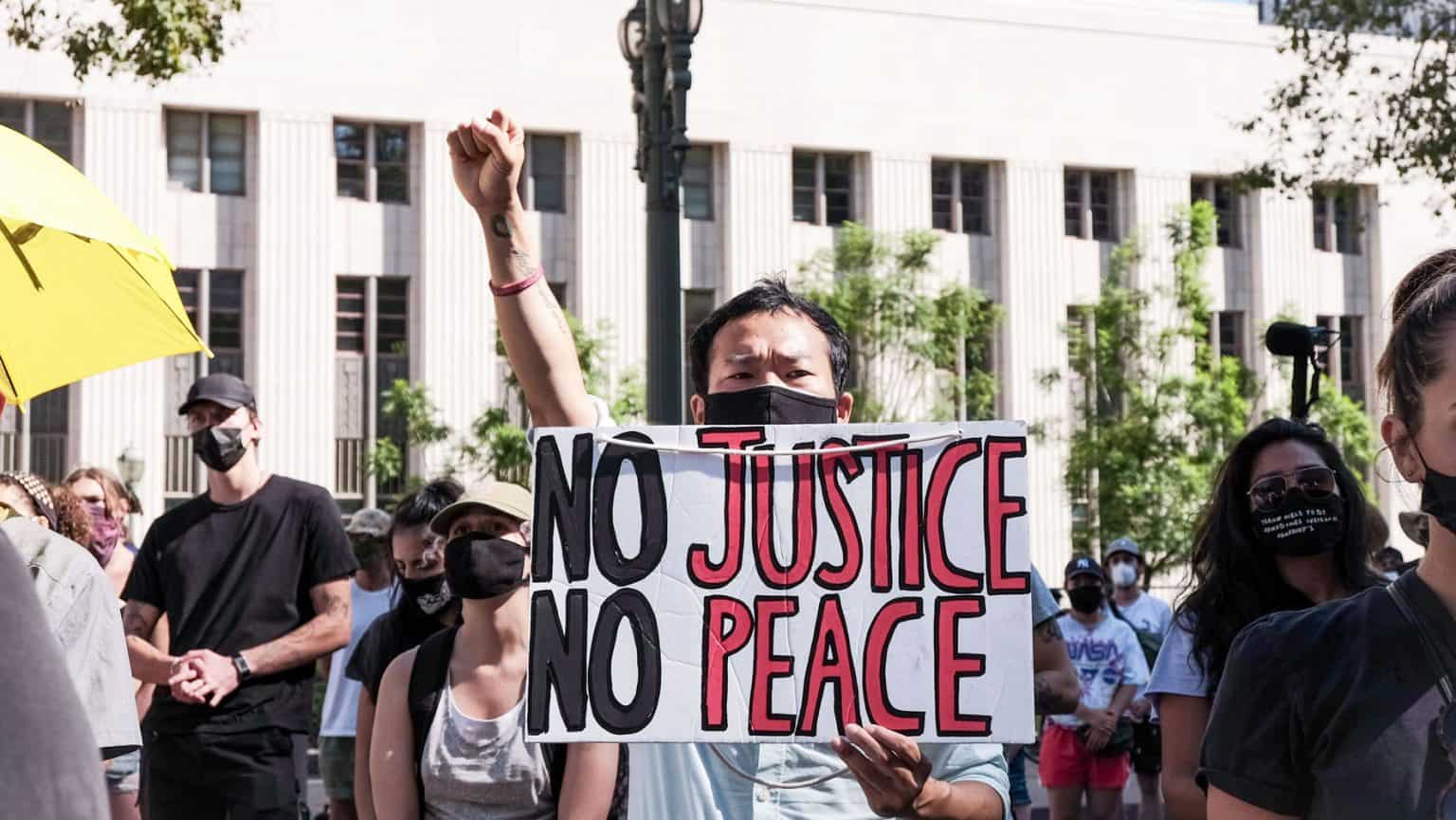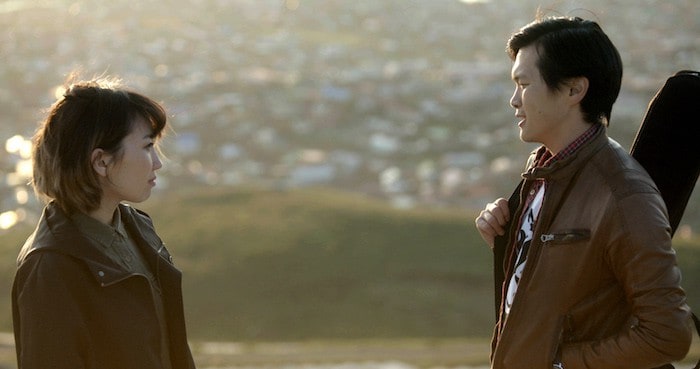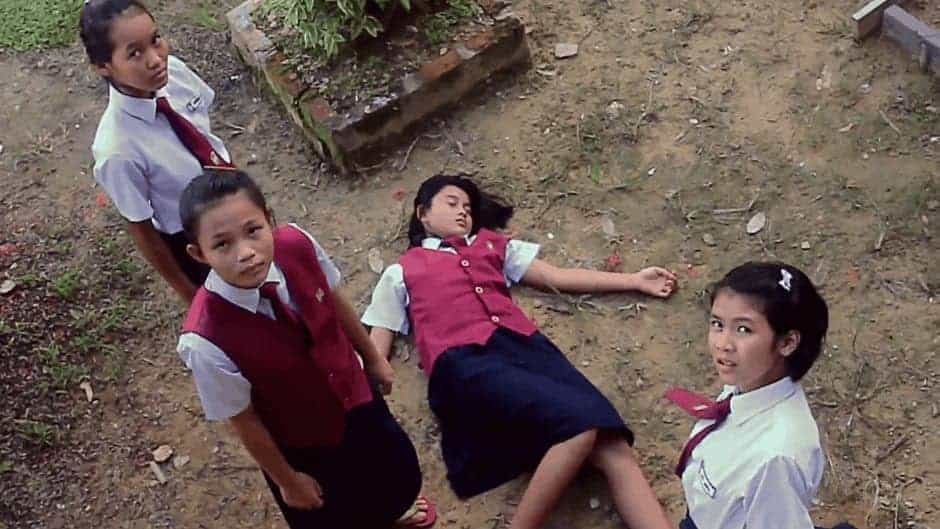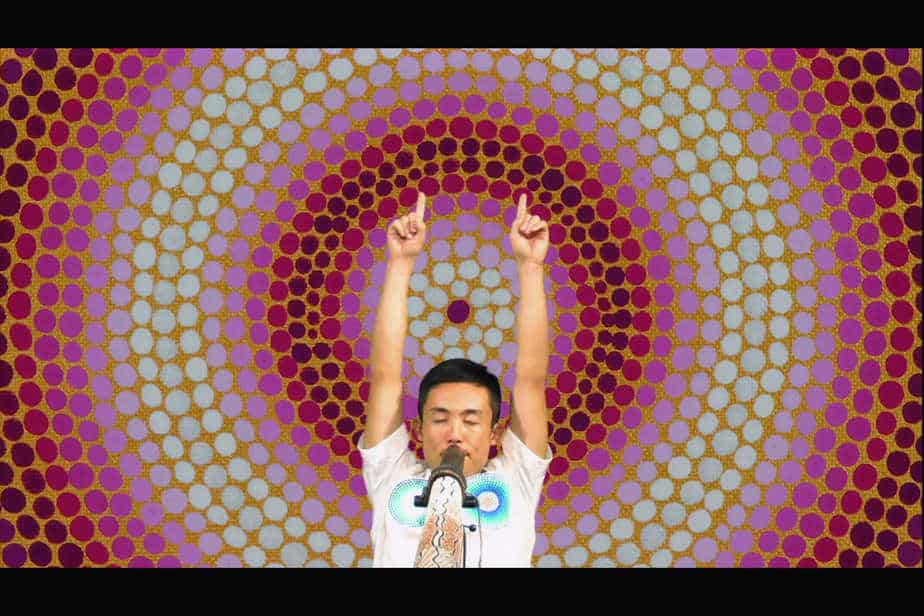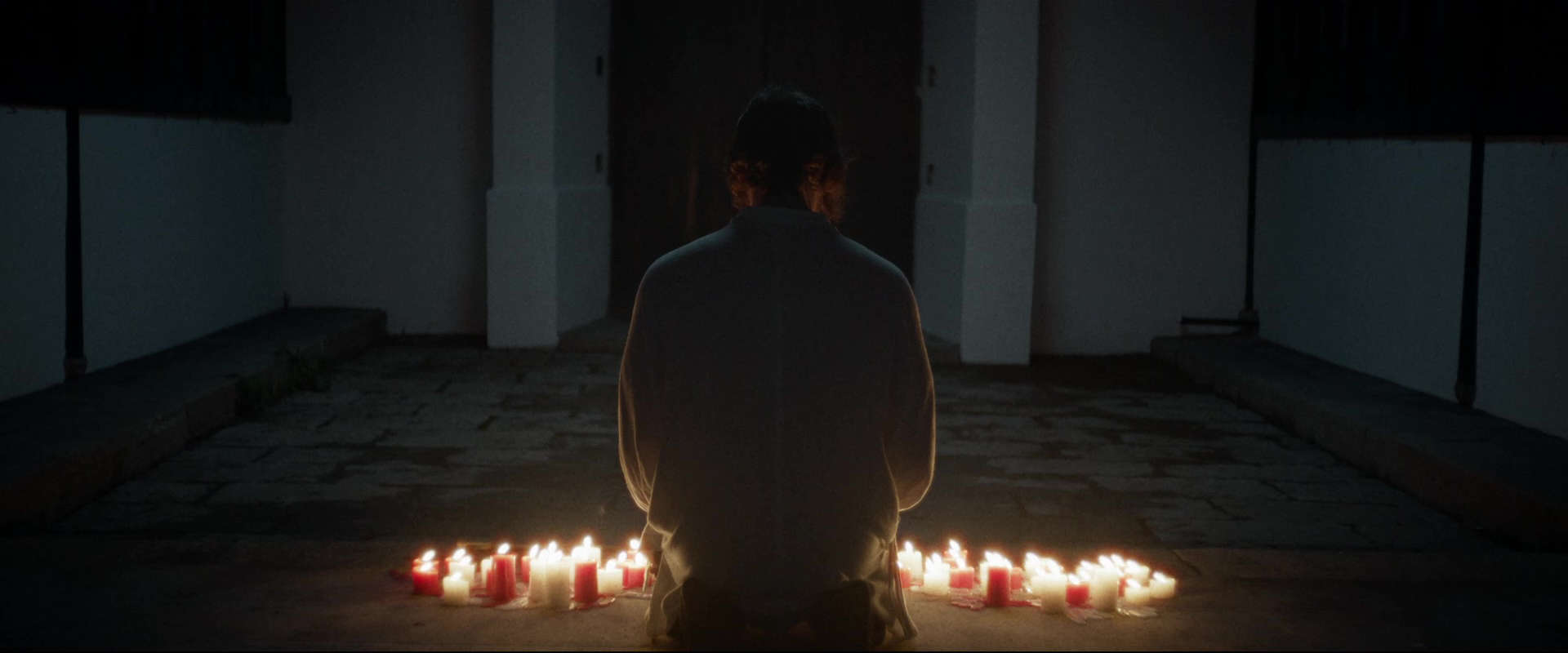Having been an assistant director to Masahiro Shinoda and Kiriro Urayama for several years, Kohei Oguri would join the ranks of these acclaimed filmmakers with works such as “Sting of Death” and “Muddy River”. The latter especially is noteworthy for several reasons, not only because it was the Japanese Oscar entry of 1981 but also since it won the Silver Prize at Moscow International Film Festival in the same year. Leaving aside the awards it achieved, “Muddy River” is a fascinating and quite captivating debut, which thematically and aesthetically feels like a feature that could have been made in the 1960s. Based on a novel by writer Teru Miyamoto, it is on the surface a story about friendship and family, but if you take a deeper look, it is at the same time an insightful depiction of Japan after the war, the poverty of many people and the perspectives of the younger generation.
Muddy River screened at Japan Society as part of the Family Portrait program

Set In Osaka after the end of World War II, nine-year-old Nobuo Itakura (Nobutaka Asahara) lives with his parents who run a noodle shop near the canal, which usually attracts the workers of that area and some drunks at night. The family barely makes a living, with Nobuo's father Shinpei (Takahiro Tamura) often regretting his decision to open a business such as this and blaming the post-war society and politics for their situation. Even though he understands his father is sometimes sad, Nobuo is mostly occupied with trying to get some kind of entertainment from his surroundings.
After the tragic death of one of the restaurant's regulars, Nobuo meets Kiichi (Minoru Sakurai) and his older sister Ginko (Makiko Shibata). The two children live on a houseboat with their widowed mother who, as Shinpei inquires, is a prostitute who has garnered some notoriety in some parts of the city. Nobuo is glad to have someone his age to play with and talk to, and also invites Kiichi and Ginko to his home. However, their friendship is put to the test as people find about the newcomers at the canal, and also a series of personal tragedies giving Nobuo an insight of what life has in store for him once he grows older.
As with many stories about childhood, “Muddy River” is a tale about the relationship of the main character to the world and how it shifts within the course of the story. While his parents have experienced their fair share of the injustices and cruelties the world has to offer, their son is pretty much untouched by those and has still kept some of that childhood innocence. This is especially surprising given the hand-to-mouth existence of his mother and father, and also the environment they live in, which is defined by filth, poverty and also death. Especially the latter becomes increasingly present in the life of our young hero, starting from the accident of the horse-cart driver at the very beginning and much later on as he has to accompany his father to say goodbye to someone lying on their deathbed. Also thanks to the protection by his parents, Nobuo clings on to characteristics such as curiosity, making him want to explore the world and get to know people, rather than limiting them to their outer appearance, their social background or other features.
While some of the episodes and images of “Muddy River” may give the impression of “misery porn”, Kohei Oguri adds a thematic layer to his story which is often neglected in similar features. The encounter of Nobuo with his new neighbors reveals a different facet of childhood as depicted in “Muddy River”, since especially Ginko undergoes a transformation ignited by experiencing the darker aspects of life. Makiko Shibata, perhaps the strongest child actor within the cast, gives us hints about her possible knowledge of what life is and what her future might look like, which is something her brother still needs to fully comprehend, even though poverty and being looked down upon has also left its mark on him. Takahiro Tamura as Nobuo's father adds to that theme, as his character is both still clinging on to his experiences of the war and the years after, while, at the same time, wants to leave something more positive behind for his son, which is perhaps why he does not fully give in to pessimism. In the end, “Muddy River” poses the question what kind of world we want to leave behind and what we want to teach the new generation.
“Muddy River” is a touching portrayal of the innocence of childhood, and also a drama about the question how we want the new generation to be like, whether we want them to give in to despair or encounter the world with kindness and empathy.



